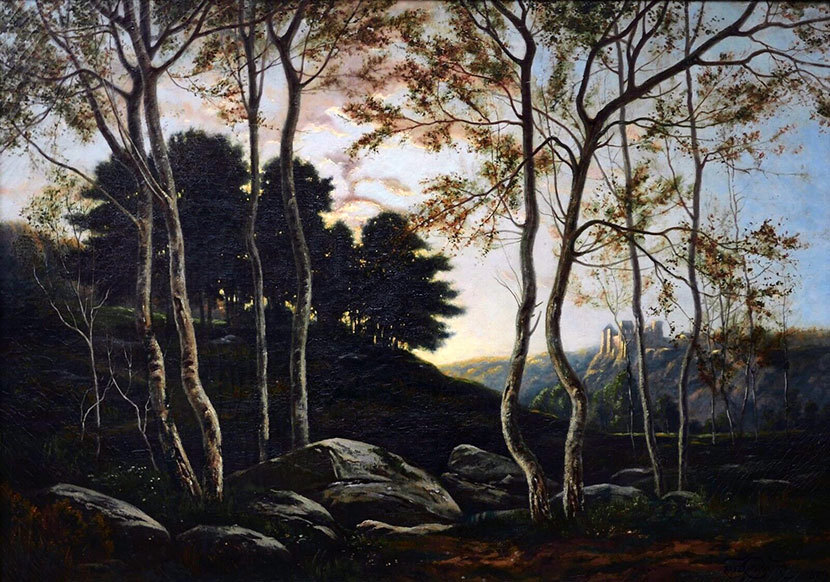Edith Wharton (1862–1937)
From Edith Wharton: Collected Stories 1911–1937

During her five-decade writing career, Edith Wharton published numerous ghost stories—a fact that still seems to surprise some readers who know her primarily as the author of The Age of Innocence, Ethan Frome, and The House of Mirth.
She was greatly influenced by the two great Jameses of ghost stories: her good friend Henry James, whose novella “The Turn of the Screw” she considered unmatched for its “imaginative handling of the supernatural,” and M. R. James, the British writer who, at the time, was considered the genre’s foremost practitioner. Among her nearly ninety works of short fiction are at least fifteen genuine “ghost stories” and another half dozen or so that contain some other hint of the supernatural. To writers of stories featuring spectral characters, she offered this advice: “the ghost should never be allowed to forget that his only chance of survival is in the tales of those who have encountered him, whether actually or imaginatively—and perhaps preferably the latter.”
She also loved dogs—and was famous both for having many of them and for spearheading campaigns and organizations for their ethical treatment. So it was inevitable, perhaps, that she would write a ghost story featuring dogs, and in “Kerfol,” one of her strangest tales, it’s no surprise that the canines, tormented in life, get their revenge. As we head into Halloween week, we present this eerie and disturbing tale as our Story of the Week selection.



